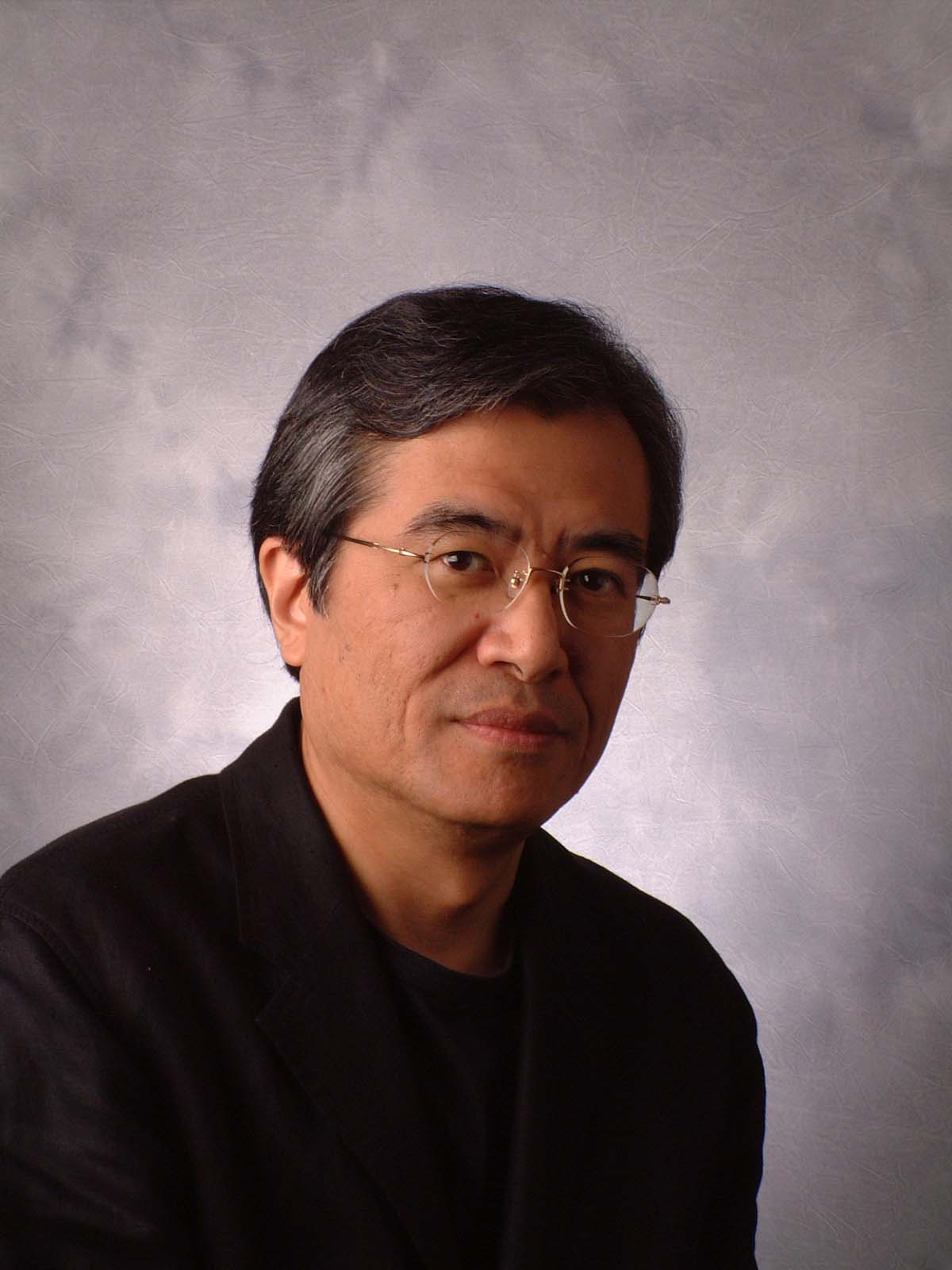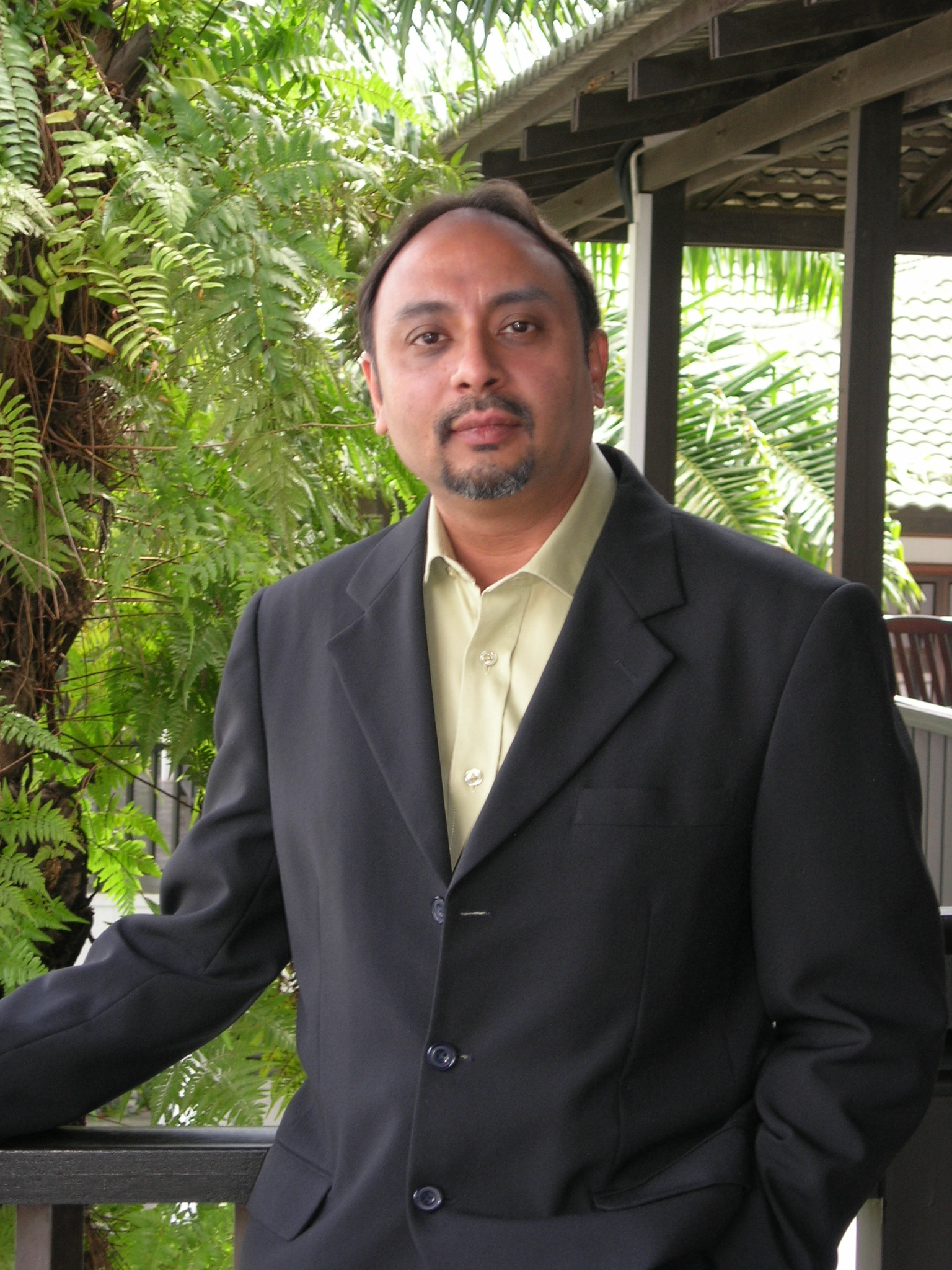Invited Speakers
Prof. Ken Sakamura
Title of Talk
Experiences of TRON Intelligent Houses
Synopsis of Talk
In TRON Project which I led, many fundamental and application research and development of real-time embedded systems have been performed. Today, ubiquitous computing is one such important field of application of real-time embedded systems. Our ubiquitous computing application research covers wide area. Living environment is one such target. Such target now extends from small living quarters, to houses and urban landscapes even. We have built many application prototypes in real-life scale in order to gauge the effect of the ubiquitous computing technology on human society.
Among such real-life experiments are TRON Intelligent House projects. These projects have used many computers, sensors and actuators in our living environment to provide a comfortable living space and to provide security in an urban setting by making it possible for the residents to communicate with the surrounding environment. The project started in 1980's even before the phrase, “Ubiquitous Computing”, was coined and widely publicized in the early 1990's.
The first TRON House in Tokyo was built in 1989. The second TRON House, Aichi, Japan was built in 2004. The third one was completed in Taipei in 2009. The emphasis of research of these houses was initially on the exploratory choices and implementations of functions in the early designs. Later more emphasis is placed on the eco-friendliness and energy efficiency of the houses. As a result, the later TRON Houses fit nicely with so called Smart Grid, and distributed power sources such as solar power cells, the electricity generated by hybrid cars, and such can be used for their operation, for example.
These TRON Houses were designed and built with the state of the art of technology of the day. The design focused on various goals: computer usage of course, but artistic design of house itself including the interior decoration and used furniture and such were paid due attention, also.
We have been continuing the research on TRON House for more than 20 years now. In my speech, I would like to discuss the overview of the TRON Houses built so far, the ubiquitous computing applications envisioned in the projects, the technology to support such applications, and the insight gained by the experience and the future outlook using photos and video footage.
TRON House is an easy to understand real-world application of ubiquitous computing and it leads naturally to the study of u-city, the application of ubiquitous computing to urban landscape and beyond, which is the natural next topic in the evolution of ubiquitous computing for the living environment. I hope the attendees of IE'2010 will find this talk offer some food for thoughts.
Biography
Born in Tokyo, Japan in 1951, Ken Sakamura received Ph.D. In Electrical Engineering from Keio University, Japan in 1979, and subsequently became a research associate at the University of Tokyo,
where he has stayed ever since. He has become a full professor since 1996. He is a fellow and the golden core member of the IEEE Computer Society. He is now a professor of the Interfaculty Initiative in Information Studies at the Graduate School of the University of Tokyo, and also serves as CEO of the YRP Ubiquitous Networking Laboratory (UNL), an independent laboratory established in 2002 for
"ubiquitous networking" and "ubiquitous computing" research. He chairs non-profit T-Engine Forum(TEF) and uID center. TEF is an organization to promote the R&D outcome of "TRON Project", which has been promoting embedded systems technology under his guidance since1984. uID center is the core organization that manages the ubiquitous ID system and architecture promoted by UNL.
As the leader of TRON Project, he has designed the TRON open computer system architecture, which will be useful for ubiquitous computing of the future. Today, the real-time operating systems based on the TRON specification are used for engine control on automobiles, mobile phones, digital cameras, and many other devices, and are believed to be the most popular such operating systems of the kind all over the world. Aside from the computer systems, he has been involved in the artistic design of electronic appliances, furniture, houses, buildings, urban landscape, and museums, all of which contain the networked embedded computers based on the TRON specification.
Prof. Ken Sakamura, Ph.D. was awarded Takeda Award in 2001, the Medal with Purple Ribbon from Japanese government in 2003, Okawa Prize in 2004, and Japan Academy Prize in 2006.
Dato' Dr. Kamal Jit Singh
Synopsis of Talk
The world, as we know it, has not only changed but continues to change as events of a global magnitude rock the stability of our comfort zone. Technological advances taking place in various disciplines are distorting conventional views and raising the ante for scientists to respond with innovative solutions. The rate and pace of change means that we have to take bold and radical steps that will have significant impact on the quality of life for people in developed and developing nations. The area of Intelligent Environments has traditionally been seen as the domain for developed and wealthy nations. However, the larger part of the world's inhabitants live in countries that have yet to reach developed country status. One third of the human race is in India and China, with India alone having more middle-income wage earners than the entire population of the United States. ASEAN, consisting of 10 countries, has a population larger than the EU. As they quickly rise on the economic ladder, the citizens of these countries have a hunger for technology that often surpasses that of the maturing populations of the western countries. It is timely for scientists engaged in Intelligent Environments to look at the fortune at the bottom of the pyramid. Innovative combinations of technologies can result in customised solutions that can improve lives and contribute towards saving the environment and our earth. This surely, is the ultimate aim of the large amounts of research and brainpower that is engaged in Intelligent Environments.
Biography
Dato' Dr. Kamal Jit Singh is the founder of Global Innovation Research Centre (GIRC), a strategic Multimedia Super Corridor (MSC) Status think-tank. GIRC was setup to instil innovation and thinking skills in Malaysian industry, government and education sectors. He has a Doctoral degree in Strategic Management and his underlying expertise and passion is in using Innovation to develop sustainable Competitive Strategies that provide a higher barrier of entry. Dato' has an MBA whilst his earlier qualifications are in Information Technology. He is a Chartered Information Technology Practitioner (UK) and a Chartered Marketer (UK). He has been appointed to the Board of Directors of the Multimedia Development Corporation (MDeC) by the Prime Minister of Malaysia and is also a Member of the National Branding Taskforce for Malaysia. Before establishing GIRC, Dato' was the CEO of British Telecom's Asian Research Centre for a period of 8 years, where he spearheaded the creation of over 50 International patents. Prior to that, Dato' founded an Interactive Multimedia Computer Aided Training Company and led the R & D for an authoring and content management system. Before that, Dato' spent 8 years with a Multi-National in New Zealand, where he left as the General Manager.
A regular speaker at many international technology conferences, Dato' is also a columnist in "The Edge" - Malaysia's premier business weekly. His column emphasises the usage of Innovation and Disruptive Technology as strategic competitive tools in the new economy. Dato's believe is that innovation is a direct result of our core thinking processes. Transformational Leadership requires us to change the way we think - we have to think critically to become more creative, so that the end result is heightened competitiveness. Innovation requires specific ingredients and skills - all of which can be acquired and learnt.
Dato' has pioneered the "Science of Innovation" - a structured methodology for conceptualising and creating Innovative products and services. In use extensively by over 400 Malaysian companies, the Methodology has recently been approved for a Pilot Programme for Government-owned Companies. He is also the creator of the "Mental Protein" Thinking Series - a set of thinking tools that build Critical, Constructive and Creative Thinking skills.
